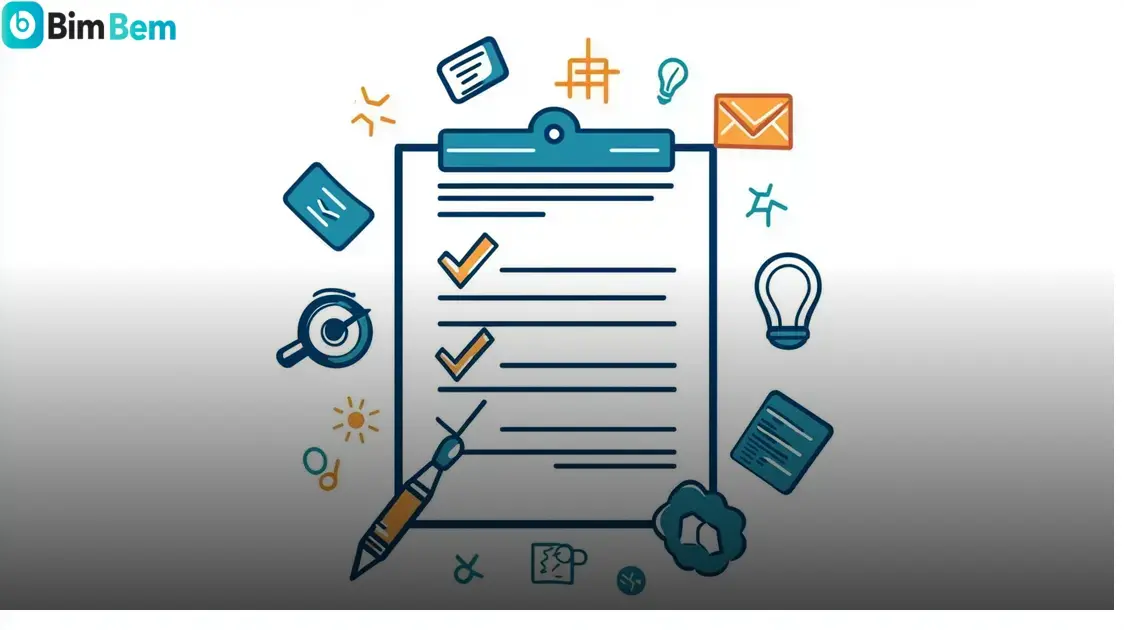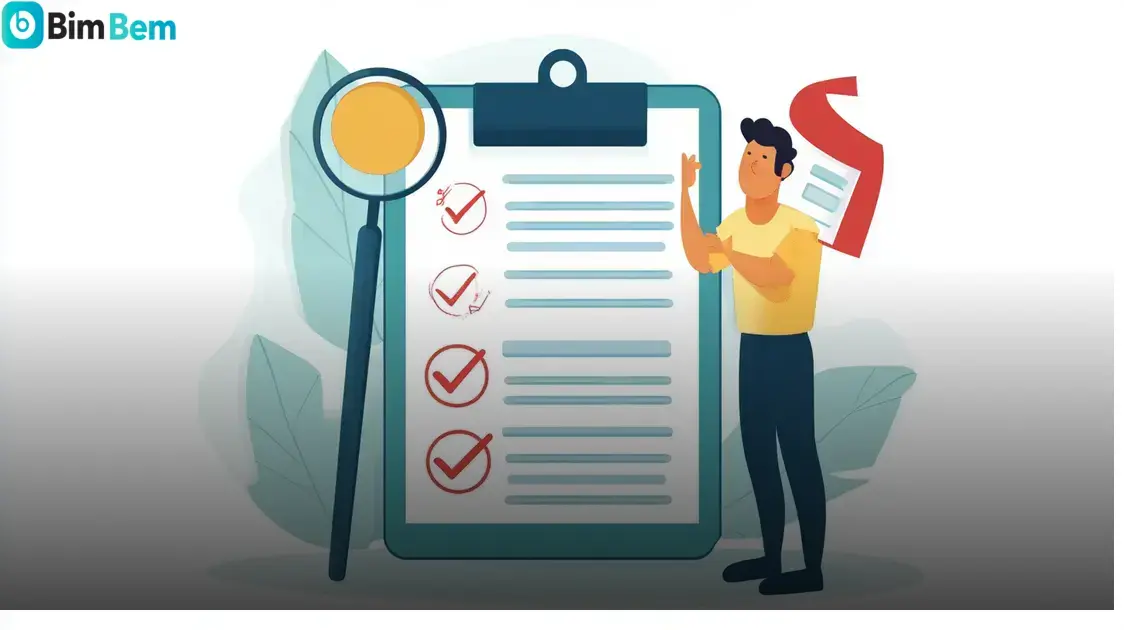Anúncio
Personal loan options provide essential financial support for those facing unexpected expenses or planning major purchases. Whether you need funds for medical bills, home improvements, or debt consolidation, choosing the right loan can make a significant difference. Understanding your options helps ensure you secure the best terms for your financial needs.
With various loan types available, from unsecured personal loans to lines of credit, it’s important to compare interest rates, repayment terms, and eligibility requirements. Some loans offer quick approval and minimal documentation, while others provide lower interest rates for borrowers with strong credit histories. Evaluating these factors can help you make an informed decision.
Anúncio
Selecting the right personal loan options can improve your financial stability and reduce long-term costs. Keep reading to explore different loan types, their benefits, and how to choose the best option for your situation.
Understanding Personal Loan Options
Understanding personal loan options is crucial for anyone considering borrowing money. These loans can be a helpful financial tool for various needs, like consolidating debt, making a purchase, or covering unexpected expenses. The key is knowing what types of loans are available and which might suit your situation best.
Anúncio
What Are Personal Loans?
Personal loans are unsecured loans that provide you with a lump sum of money that you repay over time, usually in fixed monthly payments. Unlike secured loans, they do not require collateral like a house or car, making them accessible to many borrowers.
Different Types of Personal Loan Options
There are several kinds of personal loans, including:
- Fixed-rate loans: These loans have a set interest rate and monthly payment. This predictability makes budgeting easier over the repayment period.
- Variable-rate loans: With these loans, the interest rate can change over time, meaning your payments may increase or decrease depending on market conditions.
- Debt consolidation loans: These are specifically designed to combine multiple debts into one loan. This can simplify payments and potentially lower interest rates.
- Payday loans: Short-term loans with high fees, usually aimed at borrowers needing quick cash. These should be approached with caution due to their high-interest rates.
Make sure to assess your needs and financial situation before choosing a type of personal loan.
Advantages of Personal Loans
One of the primary benefits of personal loans is flexibility. You can use the funds for almost anything, from home improvements to medical expenses. Additionally, they often have lower interest rates compared to credit cards, making them an attractive option for managing significant expenses.
Key Considerations
When exploring personal loan options, consider the interest rates, fees, loan terms, and your ability to repay the loan. It’s essential to read all terms and conditions carefully to avoid any hidden fees or traps.
Types of Personal Loans Available
When exploring personal loan options, it’s essential to understand the different categories available to find the right fit for your financial needs. Each loan type serves a specific purpose and comes with unique features and benefits. Knowing how they work can help you choose the most suitable financing solution.
Unsecured Personal Loans
These personal loan options do not require collateral, making them accessible to more borrowers. However, since they pose a higher risk to lenders, they often come with higher interest rates. They are ideal for those needing quick cash without putting assets at risk.
Secured Personal Loans
These loans require collateral, such as a vehicle or savings account, reducing lender risk and often resulting in lower interest rates. Secured personal loan options are best for borrowers needing larger loan amounts and willing to use assets as security.
Debt Consolidation Loans
A great way to simplify multiple debts, these loans combine outstanding balances into a single, more manageable payment. Many borrowers choose this personal loan option to secure lower interest rates and streamline their financial obligations.
Payday Loans
These short-term personal loan options provide quick access to cash but come with high fees and interest rates. While they offer immediate financial relief, they can lead to long-term debt issues if not managed carefully.
Personal Lines of Credit
A flexible borrowing solution, this option allows you to withdraw funds as needed, up to a set limit. Unlike traditional loans, a personal loan option like this provides continuous access to funds, making it ideal for ongoing or unpredictable expenses.
Home Equity Loans
Borrowers with home equity can access substantial funds at lower interest rates. However, using your home as collateral makes this personal loan option a riskier choice if repayments become unmanageable.
By understanding these personal loan options, you can make an informed decision that aligns with your financial goals. Keep reading to learn how to select the best loan for your needs and avoid common borrowing pitfalls.
Factors to Consider Before Choosing

Choosing the right personal loan involves careful consideration. Here are some factors to consider before choosing:
1. Interest Rates
The interest rate significantly impacts your loan cost. Compare rates from different lenders to find the most affordable option.
2. Loan Amount
Determine how much money you need. Taking out more than necessary can lead to higher payments and interest costs.
3. Repayment Terms
Look at the repayment terms. Longer terms may mean smaller monthly payments, but you’ll pay more in interest over time.
4. Fees and Charges
Be aware of any fees involved in the loan, such as origination fees, late fees, or prepayment penalties. These can add to your overall loan cost.
5. Lender Reputation
Research lenders thoroughly. Read customer reviews and check ratings to ensure they are trustworthy and reputable.
6. Your Credit Score
Your credit score affects your loan approval chances and interest rates. Understanding your score can help you negotiate better terms.
Evaluating these factors can help you make an informed decision when choosing a personal loan that works best for your financial situation.
How to Apply for a Personal Loan
Applying for a personal loan can be simple if you follow these steps:
1. Check Your Credit Score
Your credit score affects your chances of approval and the interest rate you will receive. Obtain a copy of your credit report and ensure it is accurate.
2. Determine Your Loan Amount
Decide how much money you need to borrow. Avoid increasing this amount unnecessarily, as it will impact your repayment plan.
3. Research Lenders
Look for reputable lenders that offer personal loans. Compare their interest rates, terms, and fees to find the right fit for you.
4. Gather Required Documents
You will typically need proof of income, identification, and other financial documents. Preparing these in advance can speed up the application process.
5. Complete the Application
Fill out the loan application form with accurate information. Make sure to review it carefully before submission to avoid errors.
6. Wait for Approval
After submitting your application, the lender will review it and may request additional information. This process can take a few hours to a few days.
7. Review the Loan Offer
If approved, review the loan terms carefully. Ensure that you understand the interest rate, repayment schedule, and any fees involved before accepting the offer.
8. Accept the Loan
If you agree to the terms, accept the loan and sign any required documents. Funds will usually be disbursed shortly after acceptance.
Tips for Securing the Best Rates
Securing the best rates for a personal loan can save you money in the long run. Here are some tips for securing the best rates:
1. Improve Your Credit Score
Your credit score plays a major role in determining your loan interest rates. Aim to improve your credit score by paying bills on time, reducing debt, and correcting any inaccuracies in your report.
2. Shop Around
Don’t settle for the first offer you get. Compare rates from multiple lenders, including banks, credit unions, and online lenders. This can help you find the most competitive interest rates.
3. Consider the Loan Type
Different types of personal loans can have varying interest rates. Choose a loan type that best suits your financial needs and offers favourable terms.
4. Choose a Shorter Loan Term
Shorter loan terms often come with lower interest rates. While monthly payments may be higher, you will pay less interest overall.
5. Secure a Cosigner
If your credit isn’t great, consider asking a trusted family member or friend to cosign the loan. A cosigner with a strong credit history can help you qualify for better rates.
6. Look for Discounts
Some lenders offer discounts for setting up automatic payments or for being a loyal customer. Ask about any available discounts that could lower your rate.
7. Be Honest in Your Application
Provide accurate information on your loan application. Being honest can build trust with lenders and lead to better loan offers.
Common Mistakes to Avoid

Avoiding common mistakes can significantly impact your personal loan experience. Here are some common mistakes to avoid:
1. Not Checking Your Credit Report
Failing to check your credit report can lead to unexpected surprises. Ensure you review it for errors and understand your credit status before applying.
2. Ignoring the Fine Print
Many borrowers skip over the loan agreement details. Reading the fine print is critical to understanding fees, terms, and possible penalties associated with the loan.
3. Borrowing More Than Necessary
Some people take out more money than they need, which can lead to higher repayments and extended debt. Be clear about your borrowing needs.
4. Failing to Compare Lenders
Accepting the first loan offer can be a mistake. Always compare terms and rates from multiple lenders to find the best deal.
5. Missing Payments
Missing loan payments can harm your credit score and may lead to higher interest rates. Set reminders to ensure payments are made on time.
6. Not Understanding Loan Terms
Make sure to understand the loan’s interest rate, repayment term, and any fees involved. This knowledge will help you manage your loan effectively.
7. Not Considering Alternatives
Sometimes, there are better options than personal loans for your financial needs. Explore alternatives like credit unions or borrowing from family and friends.
Navigating Personal Loan Options
Understanding personal loan options is vital for making informed financial decisions. By exploring various types of loans, considering key factors, and avoiding common mistakes, you can find the loan that best suits your needs.
Applying for a loan should involve careful planning and comparison of lenders to secure the best rates. Additionally, improving your credit score and gathering necessary documents can enhance your chances of approval.
With the right approach to personal loans, you can effectively manage your finances, achieve your goals, and ensure a smoother repayment process. Stay informed and proactive as you navigate your personal loan journey.
Check out our article on Loan Refinancing to discover how you can reduce your interest rates and improve your loan terms.





